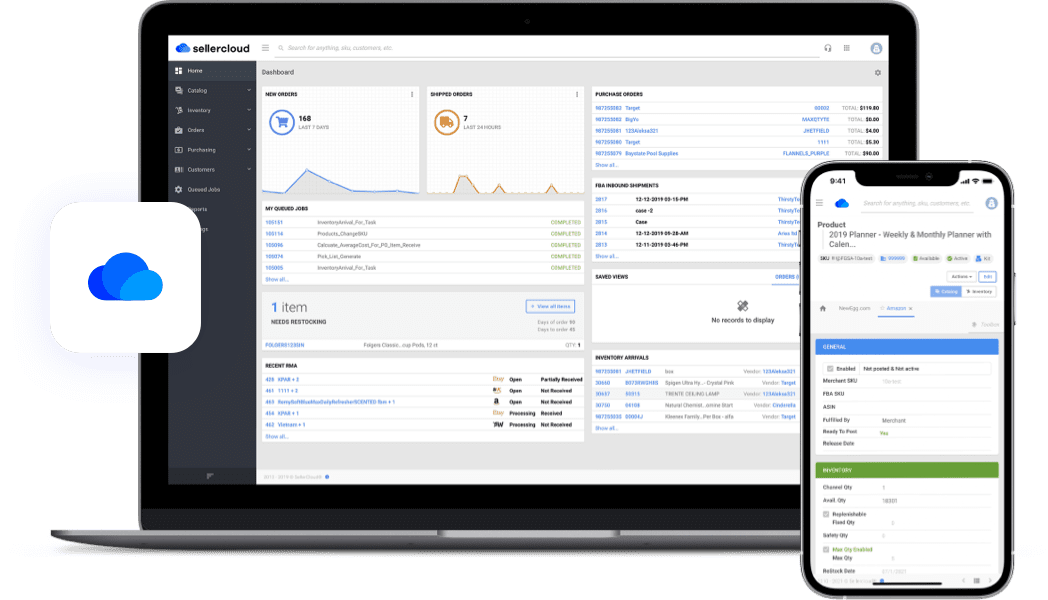Excellent choice!
Get ready to grow and unleash your full potential with Sellercloud's end-to-end solutions for brands and businesses.
Request Demo

Our mission at Sellercloud is to provide merchants with tools that empower them in todays competitive ecommerce landscape.
Our goal is to help our customers grow year-over-year, year after year.



